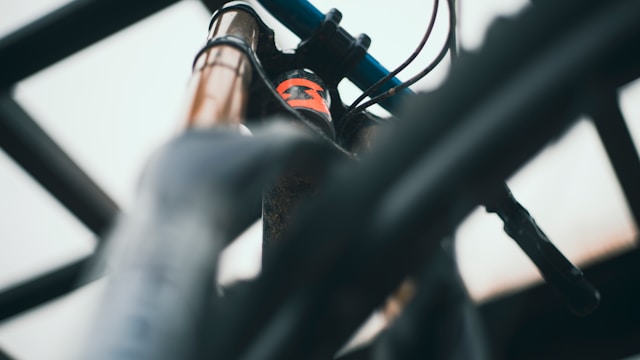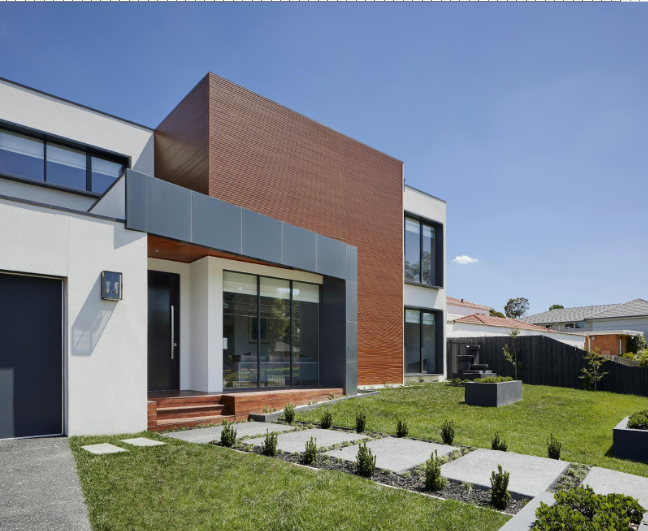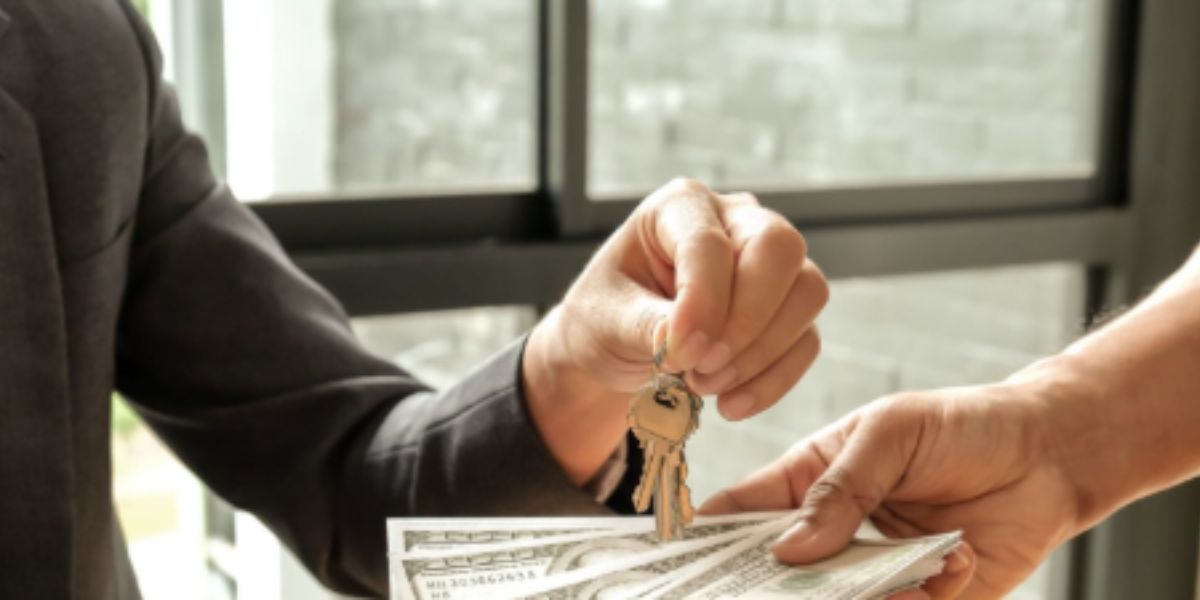Plumbing is a vital aspect of any home, yet it often goes unnoticed until a problem arises. Your Home Plumbing system plays a crucial role in ensuring the comfort and functionality of your living space. From providing clean water for drinking and cooking to efficiently draining wastewater, a well-maintained plumbing system is essential for a healthy home. In this blog, we’ll explore important tips for maintaining your plumbing, recognizing common issues, and understanding when to call a professional.
Understanding Your Home Plumbing System
Your Home Plumbing system consists of a complex network of pipes, fixtures, and appliances that work together to provide water and remove waste. It includes:
- Supply Pipes: These pipes bring fresh water into your home from the municipal supply or a private well.
- Drainage Pipes: These remove wastewater from sinks, toilets, and appliances, carrying it away to the sewer or septic system.
- Fixtures: These include faucets, sinks, showers, and toilets, which are essential for daily water usage.
- Water Heaters: These appliances heat water for various needs, such as showers, dishwashing, and laundry.
Tips for Maintaining Your Home Plumbing
- Regular Inspections: Periodically check your plumbing for leaks, corrosion, and signs of wear. Look under sinks, around toilets, and at exposed pipes. Early detection can save you from costly repairs.
- Know Your Water Pressure: High water pressure can strain your plumbing and lead to leaks. Use a water pressure gauge to ensure your home’s pressure is within the recommended range (typically 40-60 psi).
- Watch What Goes Down the Drain: Be mindful of what you flush or wash down your drains. Avoid flushing items like paper towels, feminine hygiene products, or anything that isn’t biodegradable. In the kitchen, use a sink strainer to catch food debris.
- Maintain Your Water Heater: Regularly flush your water heater to remove sediment buildup that can affect its efficiency. Check the temperature setting to ensure it’s set to 120 degrees Fahrenheit for optimal performance and safety.
- Insulate Pipes: In colder months, ensure your pipes are insulated to prevent freezing and bursting. This is especially important for pipes in unheated areas like basements and attics.
- Know the Location of Shut-off Valves: Familiarize yourself with the main shut-off valve and the shut-off valves for individual fixtures. In case of a leak or burst pipe, you can quickly shut off the water supply to minimize damage.
- Sump Pump Maintenance: If you have a basement, ensure your sump pump is in good working condition to prevent flooding. Test it regularly and clean any debris from the pump and pit.
Common Plumbing Issues to Watch For
Being aware of common plumbing issues can help you identify problems early:
- Leaky Faucets: A leaky faucet can waste water and increase your utility bill. Often, replacing a worn-out washer or O-ring can solve the problem.
- Clogged Drains: Slow or clogged drains can be a nuisance. If a plunger doesn’t work, consider using a drain snake or a natural solution like baking soda and vinegar to clear minor clogs.
- Running Toilets: A running toilet can waste gallons of water daily. This issue is often caused by a faulty flapper or fill valve, which can be easily replaced.
- Low Water Pressure: If you notice a sudden drop in water pressure, it could indicate a leak or blockage in your plumbing system. Investigate further to determine the cause.
- Frozen Pipes: In colder climates, pipes can freeze and burst, leading to significant water damage. If you suspect a frozen pipe, thaw it gently with a hairdryer or warm towel. Never use an open flame.
When to Call a Professional
While some plumbing issues can be handled as DIY projects, others require professional assistance. Here are some situations when you should call a plumber:
- Major Leaks: If you have a significant leak that you can’t control, it’s crucial to call a professional immediately to prevent extensive damage.
- Clogged Drains: If multiple drains are clogged simultaneously, it could indicate a larger issue in your sewer line that requires professional attention.
- Remodeling Projects: If you’re planning to remodel your kitchen or bathroom, hiring a licensed plumber is essential for proper installation and compliance with building codes.
- Water Heater Issues: If your water heater is leaking, making strange noises, or not heating properly, consult a professional to avoid potential hazards.
- Unusual Noises or Smells: Strange noises, smells, or fluctuations in water temperature can indicate underlying plumbing problems that should be addressed by a professional.
Conclusion
Maintaining Your Home Plumbing system is crucial for ensuring comfort, efficiency, and safety in your household. By regularly inspecting your plumbing, being mindful of your water usage, and knowing when to call in a professional, you can prevent common issues and extend the lifespan of your plumbing system.
If you encounter any plumbing problems that seem beyond your expertise, don’t hesitate to reach out to a licensed plumber. Investing in proper plumbing maintenance can save you time, money, and stress in the long run. Remember, a well-maintained plumbing system is essential for a happy and healthy home!










